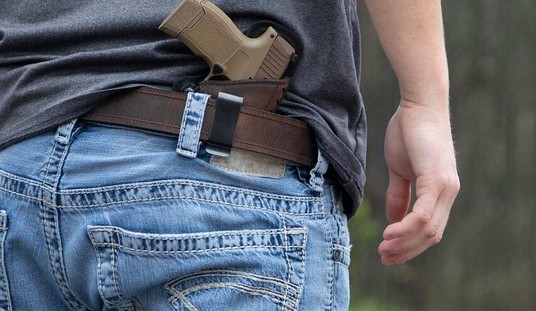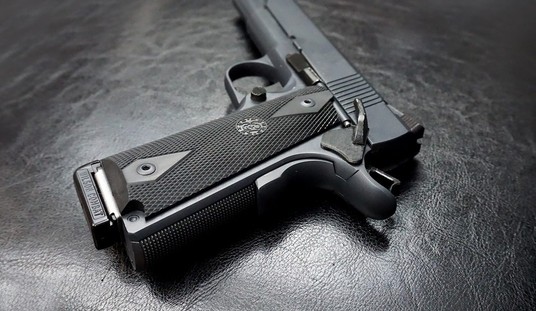Minnesota State Representative Tony Cornish is looking to alleviate the burden of fees for concealed carry permits his constituents are currently forced to pay every five years, saying his lifetime permit bill would work similarly to the states’s firearm safety certificates.
“It’s similar to our firearm safety certificate,” Cornish said. “You’re given that when you’re 11 years old, and you can handle a firearm for the rest of your life and you never have to take another class. Why do we require (renewal) for handguns?”
But that’s not sitting well with the anti-gun violence group Protect Minnesota, who thinks the bill would ‘hinder law enforcement’s ability to remove licenses from people who can no longer safely carry a gun’ – as if law enforcement isn’t able to revoke licenses during the five years permits are valid now.
The group took to the State Capitol Tuesday for its Broken Hearts Day event to urge lawmakers to reject bills like lifetime permits, which members called “extreme.” The group distributed 1,500 handmade cards to lawmakers, each one representing an incident of gun violence in the last year.
“Do we really believe that that person who was safe to carry a gun when they were 21, or 31 or 41 still be totally completely together when they’re 91?” asked Rev. Nancy Nord Bence, Protect Minnesota executive director. “We have a serious issue with our aging population that is well-armed.”
The state Bureau of Criminal Apprehension reported successfully canceling, revoking or suspending permits from approximately 400 Minnesotans who had previously been approved to carry firearms.
A former police officer who chairs the House Public Safety and Security Committee, Cornish said the initial training and background check would sufficiently vet applicants the first time.
Cornish’s bill also aims to lower the fees associated with concealed carry permits by cutting the maximum amount counties can charge per application in half, from $100 to $50.
“There’s a number of counties who’ve gotten more money in their pocket from that than they need,” he said. “It’s not that expensive to do background checks and issue these cards any more.”








Join the conversation as a VIP Member